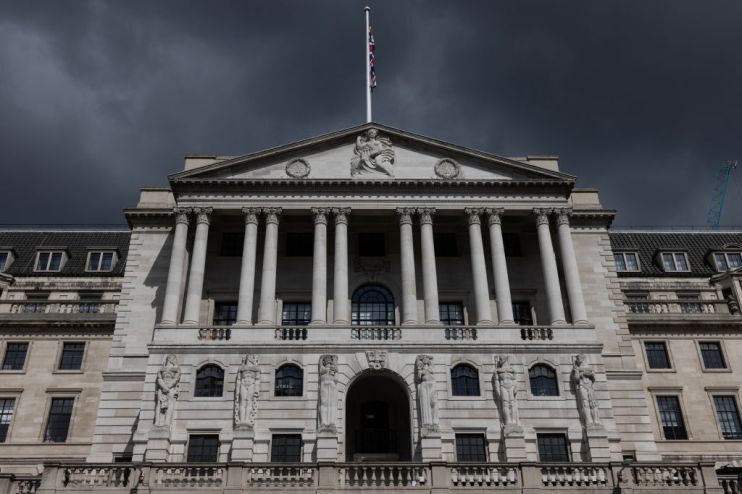Risk of persistent inflation ‘diminished’ as Bank of England considers timing of interest rate cuts, MPC member says

A rate-setter at the Bank of England said her concerns around the possible persistence of inflation have “diminished” following a run of positive figures over the past few months.
Sarah Breeden, a member of the Monetary Policy Committee (MPC), noted that progress on services inflation and wage growth in the final quarter of last year suggested there is “a little less persistence” than the Bank had thought in its November round of forecasts.
Reflecting this, Breeden’s concerns around the risk of “even greater persistence have diminished.”
The Bank has flagged developments in services inflation and wage growth as crucial for assessing the persistence of domestic inflation. Despite a slight uptick in December, services inflation stands at 6.4 per cent, which was comfortably below the Bank’s November forecasts.
Wage growth slowed to 6.5 per cent in the three months to November last year, also below the Bank’s expectations.
“I have become less concerned that rates might need to be tightened further,” Breeden said in a speech at UK Women in Economics Annual Networking Event. “Instead my focus, and indeed the focus of many on the MPC, has shifted to thinking about how long rates need to remain at their current level.”
Continuing developments in wage growth and services inflation will be crucial for determining when the Bank can start lowering interest rates, Breeden said. Both measures are running too hot to be consistent with inflation returning sustainably to target, she warned.
“For services inflation to fall to levels consistent with target, some combination of a further moderation in labour cost growth and firms’ margins will be needed,” Breeden said.
Her comments come a week after the Bank left interest rates on hold for the fourth consecutive meeting, but opened the door to rate cuts later this year. Yesterday Swati Dhingra, the MPC’s most dovish member, called for immediate rate cuts as she warned the economy was at risk of “more profound” impacts.